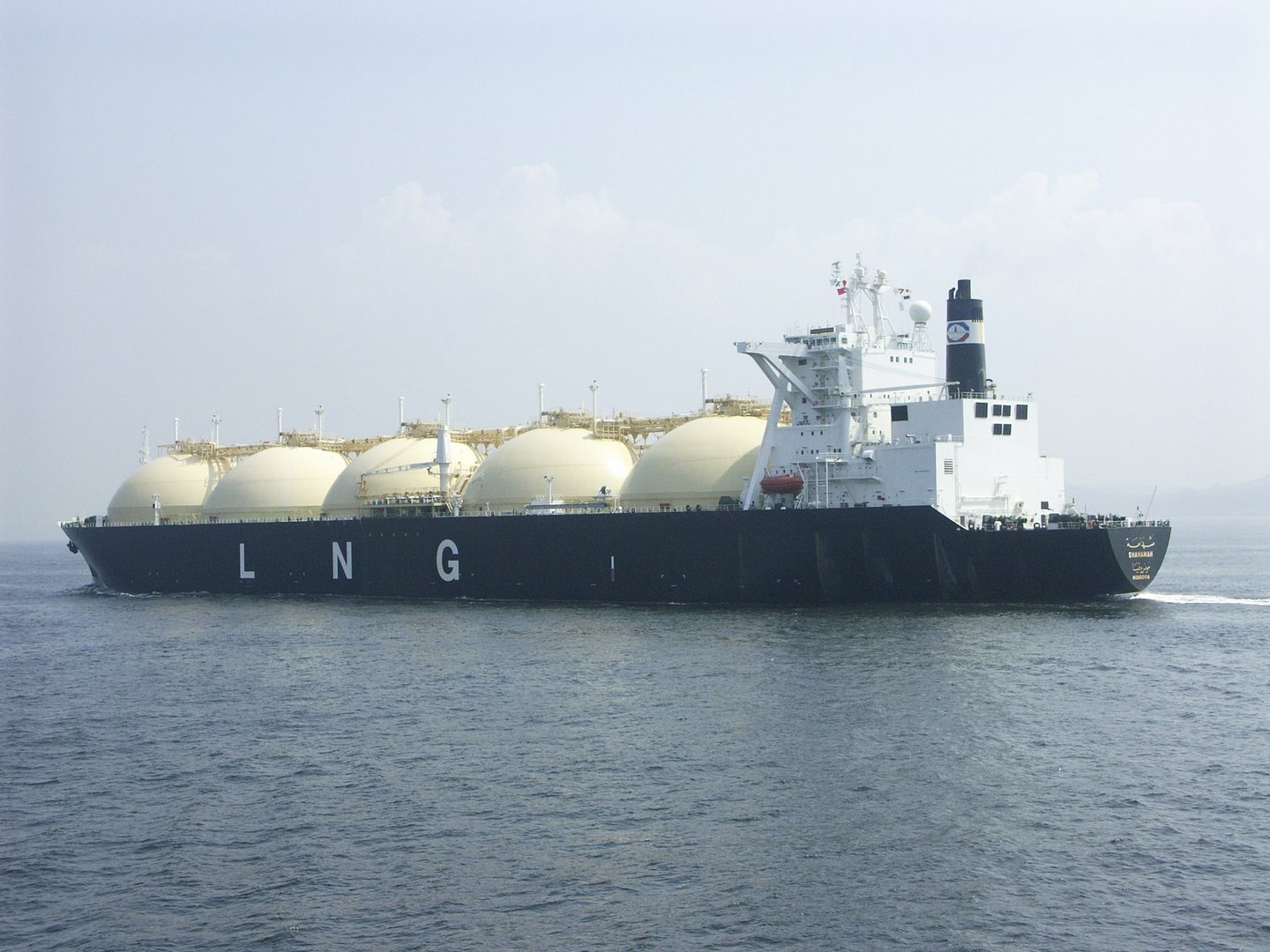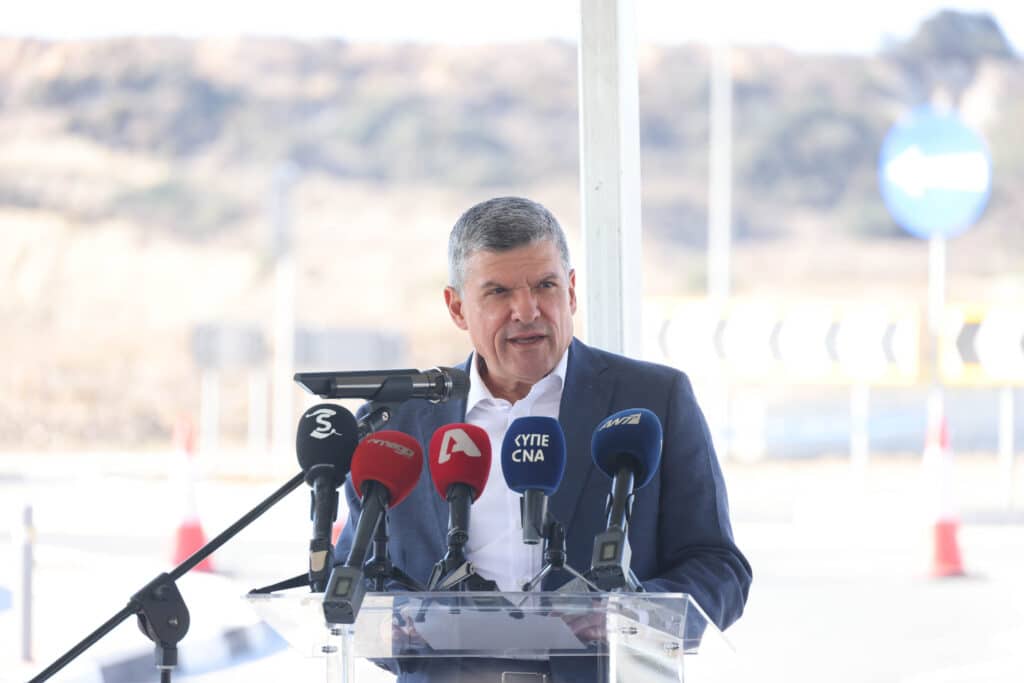Cyprus inability to benefit from LNG because of the Vasilikos debacle is proving to be costly
European gas prices have tumbled down to levels last seen before the crisis. The benchmark price at the Dutch TTF gas trading hub is $8.2/mmBTU (per about 1,000 cubic feet).
This is due to ample gas supplies to Europe, ample gas in storage and depressed demand due to the mild weather and the dire state of European industry, particularly German heavy industry.
Such low gas prices are expected to continue in the foreseeable future because of the large amounts of new LNG coming to the markets between 2024-2028.
Had the EAC been using natural gas for power generation, the price of electricity would have been 35-40 per cent less than current levels, with an annual cost saving close to €400million.
Outlook for LNG
The global LNG supply is expected to grow by 25 per cent to 500million tons/yr, or 680bcm/yr, by 2028. According to Shell’s global LNG Outlook, released in February, an average of about 150bcm/yr of new LNG will hit the markets by 2028, mostly from Qatar and the US.
In fact, Qatar announced this week that following the discovery of another 6,800bcm gas at its giant North Field, taking the total estimated reserves to over 56,000bcm, it plans to increase its LNG production by another 22bcm/yr by 2030. This will take its total to 193bcm/yr – from 105bcm/yr now – about 25 per cent of global LNG production, that is expected to exceed 800bcm/yr by then.
Shell forecasts that global demand for LNG will carry on increasing, but over the next 10 years supply will meet demand, keeping prices in check. In fact, during the rest of this decade supply is likely to exceed demand, keeping prices low.
The inability of Cyprus to benefit from this and bring electricity prices substantially lower, due to the debacle of the LNG import facility at Vasilikos, is proving to be costly.
Impact of natural gas on the price of electricity
It is astonishing that we are well into 2024 and the EAC is still to publish its annual accounts for 2022, let alone 2023.
According to EAC’s published annual accounts for 2021, the cost of fuel – diesel and heavy fuel oil (HFO) – was €385million, the cost of emission allowances was €165million and the remainder, operating costs, were €335million, taking the total to €885million.
Based on these, and considering the higher price of fuel, the higher cost of emission allowances and adjustment of operating costs for inflation, it is possible to make estimates of what costs could be in 2024.
The price of diesel in Europe is about $110/barrel and the price of natural gas at TTF is $8.2/mmBTU. At these prices, the cost of using gas as fuel for power generation is below 30 per cent of that using diesel/HFO.
With gas emitting less carbon dioxide than diesel/HFO, its use would also reduce the cost of emission allowances by close to 30 per cent.
Based on these, switching electricity generation from diesel/HFO to natural gas over the whole of 2024 could save EAC more than €400million and lower the price of electricity by 35-40 per cent. The use of more efficient combined cycle gas turbines could reduce costs further.
Not only would the cost of emission allowances be reduced due to the use of natural gas, but also the cost of fuel. Gas is now much cheaper than the very expensive diesel/HFO, the price of which is likely to go up further later this year, while the price of gas will remain low in the longer-term.
This is an annual saving and it is substantially higher than the LNG import project construction cost, including the cost of a reasonable settlement of the dispute.
A saving that of course will not now be realised, not just this year but also not during the next.
What needs to be done to realise these benefits
To realise these benefits Cyprus needs secure natural gas to replace diesel/HFO as soon as possible, as well as promoting the adoption of renewables much faster than at present. Photovoltaics For All is a step in the right direction.
Various options have been under consideration until recently, including importing gas by pipeline from Israel or from Cyprus’ own gas fields. Neither of these is going to happen.
Israel has recently approved further development of the Leviathan and Tamar gas fields for export to Egypt and for domestic consumption.
Bringing gas from the Cyprus EEZ to the island is near impossible. The quantities required to supply domestic needs are quite small, 0.7-1.0bcm/yr, making such an option unattractive to the oil and gas companies. There are also technical challenges.
That leaves as the only realistic choice the import of LNG. In the face of the small quantities needed by Cyprus, the option chosen by DEFA to custom-build a large FSRU and a dedicated jetty can be likened to using a ‘sledgehammer to crack a nut.’
Nevertheless, and notwithstanding the problems, the LNG import project at Vasilikos is what we currently have and, if possible, it is best to try to get it completed. And given the substantial benefits of switching power generation to gas, the sooner the better.
Given where things are, termination of the contract with CPP is a drastic step and should only be taken following independent advice and full understanding of the potential consequences.
It has been reported that the minister of energy is attempting to resolve the standstill with the contractor, CPP, through direct contact with the Chinese ambassador to Cyprus. It is a step in the right direction. But the minister should still, and urgently, appoint independent technical experts to advise him first on the arbitration claim and then on how to progress this dispute to a resolution, if possible.
The independent experts should also be better placed to make direct contact with CPP, something that has not been possible so far, presumably because the company will not talk to anybody that has any association with the project due to its claim.
Resolution will not be achieved solely through political means. The size of the claim, at least €200 million, is substantial and it is unlikely that CPP will set it aside.
In addition to the political dimension, the minister should also have authoritative, independent advice on how best to resolve this dispute contractually and technically and how to avoid potential pitfalls – the risks for which abound.
But whichever way this goes, there will be additional cost and that needs to be understood and quantified in a realistic manner, with the help of independent experts, so that sensible decisions can be made on the least damaging – or most beneficial, given the cost savings use of gas will bring – and fastest way forward.
Charles Ellinas is Senior Fellow, Global Energy Center, Atlantic Council








Click here to change your cookie preferences